How the Tarot Can Help You Find Clarity (Without Predicting the Future)
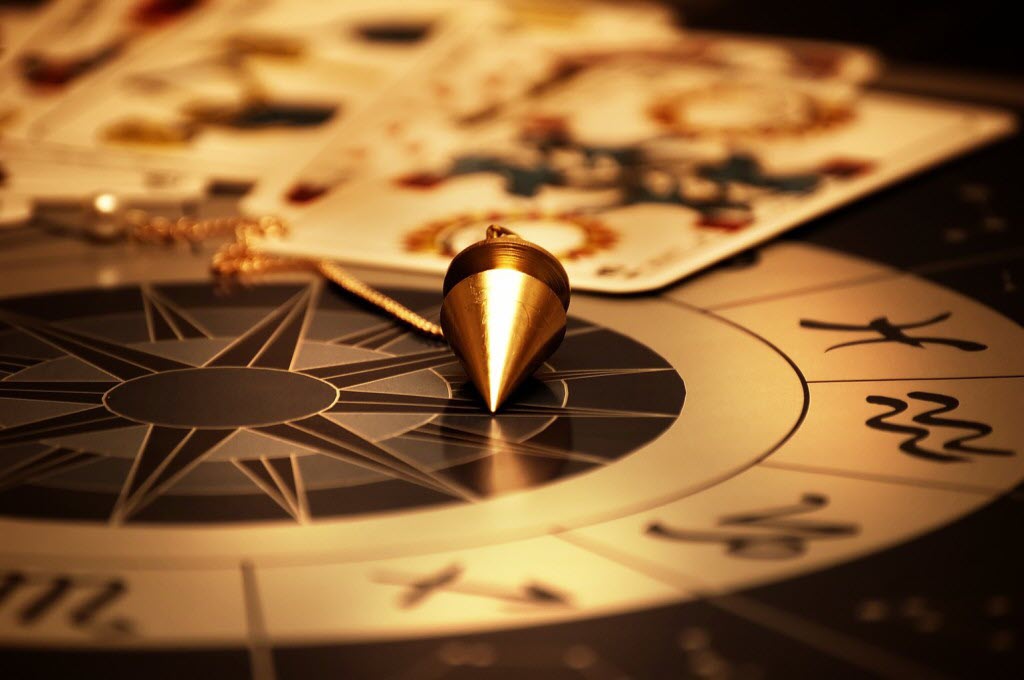
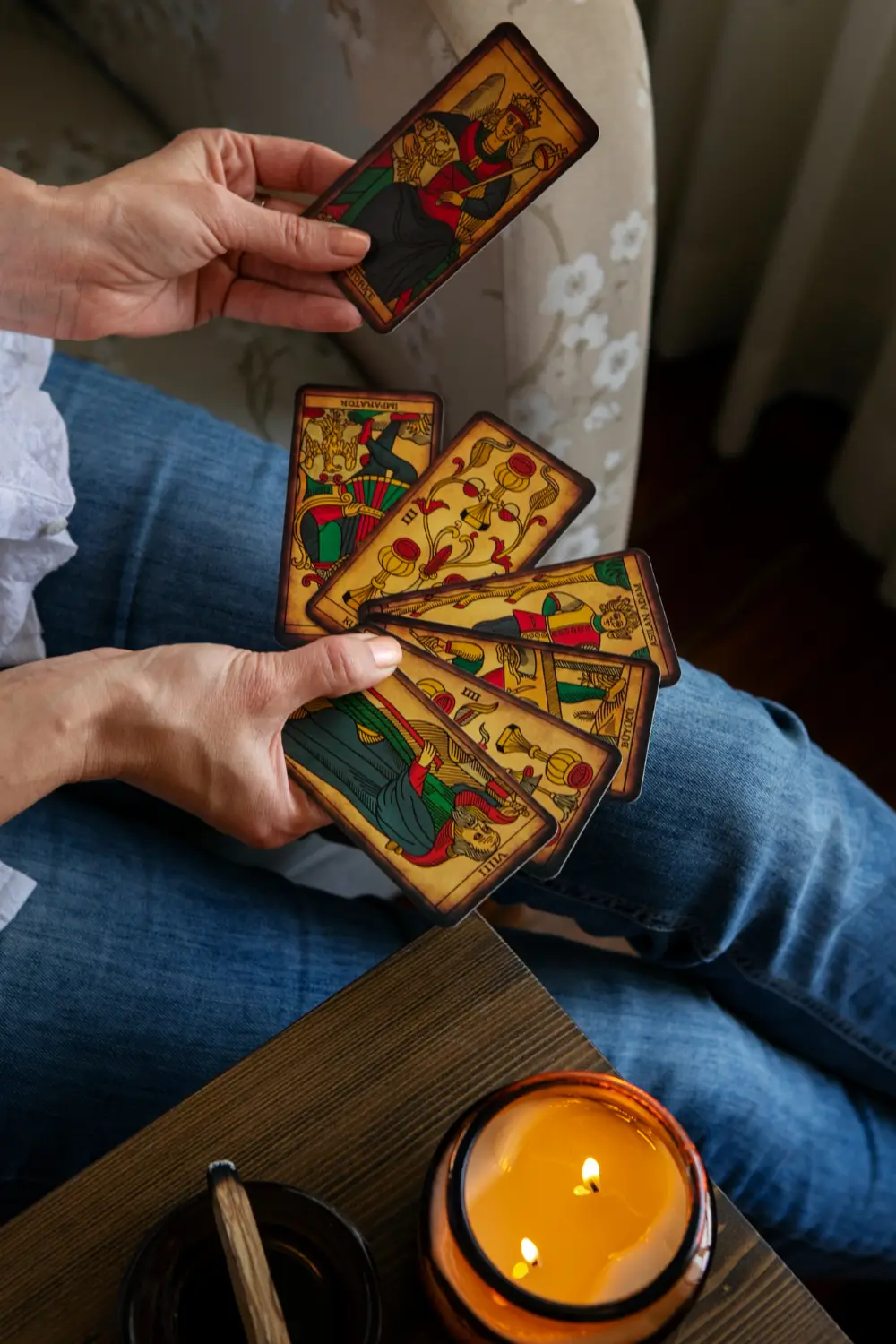
You’re not here for fortune-telling. You’re here because something inside you feels unsure — and you want to feel grounded again.
Maybe you’re at a crossroads.
Maybe you’re navigating grief, transition, or confusion.
Maybe your head is full of noise and advice, but you still don’t feel clear.
You don’t need a psychic. You don’t need someone to tell you what’s coming.
You need a quiet, grounded space to hear yourself again.
That’s where intuitive tarot comes in.
Far from the mystical stereotypes and neon-lit signs, intuitive tarot is a reflective practice that helps you listen inward. It’s not about predicting the future. It’s about revealing what’s already here — within you — waiting to be acknowledged.
In this guide, we’ll explore:
- What intuitive tarot is (and what it’s not)
- How it brings clarity and insight
- What happens in a trauma-informed tarot session
- Who benefits from this kind of work
- And why tarot doesn’t need to be scary, spiritual, or prescriptive
How the Tarot Can Help You Find Clarity (Without Predicting the Future)


You’re not here for fortune-telling. You’re here because something inside you feels unsure — and you want to feel grounded again.
Maybe you’re at a crossroads.
Maybe you’re navigating grief, transition, or confusion.
Maybe your head is full of noise and advice, but you still don’t feel clear.
You don’t need a psychic. You don’t need someone to tell you what’s coming.
You need a quiet, grounded space to hear yourself again.
That’s where intuitive tarot comes in.
Far from the mystical stereotypes and neon-lit signs, intuitive tarot is a reflective practice that helps you listen inward. It’s not about predicting the future. It’s about revealing what’s already here — within you — waiting to be acknowledged.
In this guide, we’ll explore:
- What intuitive tarot is (and what it’s not)
- How it brings clarity and insight
- What happens in a trauma-informed tarot session
- Who benefits from this kind of work
- And why tarot doesn’t need to be scary, spiritual, or prescriptive
What Is Intuitive Tarot?
(And What It’s Not)
Let’s start by clearing the air.
Tarot isn’t about predicting your future. At least, not in the way pop culture would have you believe.
Intuitive tarot is a practice of using symbolic imagery — 78 beautifully illustrated cards — as a mirror for your internal world. A well-held session invites you to reflect on what you’re feeling, fearing, wanting, or ignoring. It’s not about handing over power to someone else. It’s about deepening your relationship with your inner knowing.
In traditional (or predictive) tarot, the reader interprets the cards at you. In intuitive tarot, the reader reflects the cards with you.
Rather than asking “What will happen?”, intuitive tarot invites questions like:
- What energy am I carrying right now?
- What am I not seeing clearly?
- What do I need to feel more aligned, present, or free?
It’s not magical thinking — it’s conscious pattern recognition. It offers a container to process what’s already alive in you.
In trauma-informed practice, tarot becomes something even more sacred: A conversation between your nervous system, your subconscious, and your soul.
How Tarot Creates Clarity

Tarot Reflects What You’re Feeling but Can’t Name
You’re not confused because you don’t know anything. You’re confused because you know too much — and none of it lands clearly.
Tarot helps by mirroring back emotional truths you’ve buried or dismissed. When you see them reflected symbolically in front of you, something clicks. You soften. You say, “Yes. That’s it.”
You finally hear yourself again.

Tarot Supports Honest Decision-Making
When we’re torn between two paths, it’s rarely about logic. It’s about emotion, fear, longing, and past patterning.
The tarot doesn’t decide for you. It shows you what each option brings up inside you — desire, dread, excitement, resistance. From there, you can make clearer, braver choices.
Clients often say: “I didn’t get a yes or no — but I finally understood what I was afraid of.”

Tarot Validates Your
Inner Voice
Especially if you’ve been gaslit, shut down, or trained to doubt yourself — the experience of having your truth reflected without judgment can be deeply healing.
You stop looking for someone to tell you what to do. You start learning how to trust what you already know.
That clarity sticks with you long after the cards are put away.

Tarot Slows You Down
Tarot sessions are structured rituals:
You set an intention.
You pause.
You breathe.
You reflect.
In a world that rewards urgency, tarot permits you to listen slowly — which is where clarity lives.
What Happens in a Trauma-Informed Tarot Session?

Grounding
We begin with breath, silence, or gentle conversation. No rush. You’re allowed to arrive as you are.

Intention-Setting
You’re invited to bring a question or ask, “What do I need to know right now?”
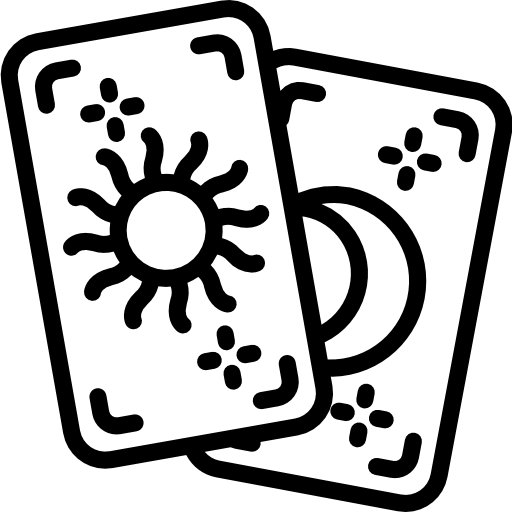
The Reading
Cards are pulled with care. We reflect together. There’s no “telling” — just gentle exploration. You’re free to speak, feel, ask, or sit quietly. You are the expert on your own experience.

Integration
We explore what the reading revealed and how it resonates. You leave with insights, not instructions. You’re never forced into disclosure, discomfort, or interpretation. Your safety matters more than symbolism. A well-held tarot session isn’t just helpful — it can be emotionally restorative.
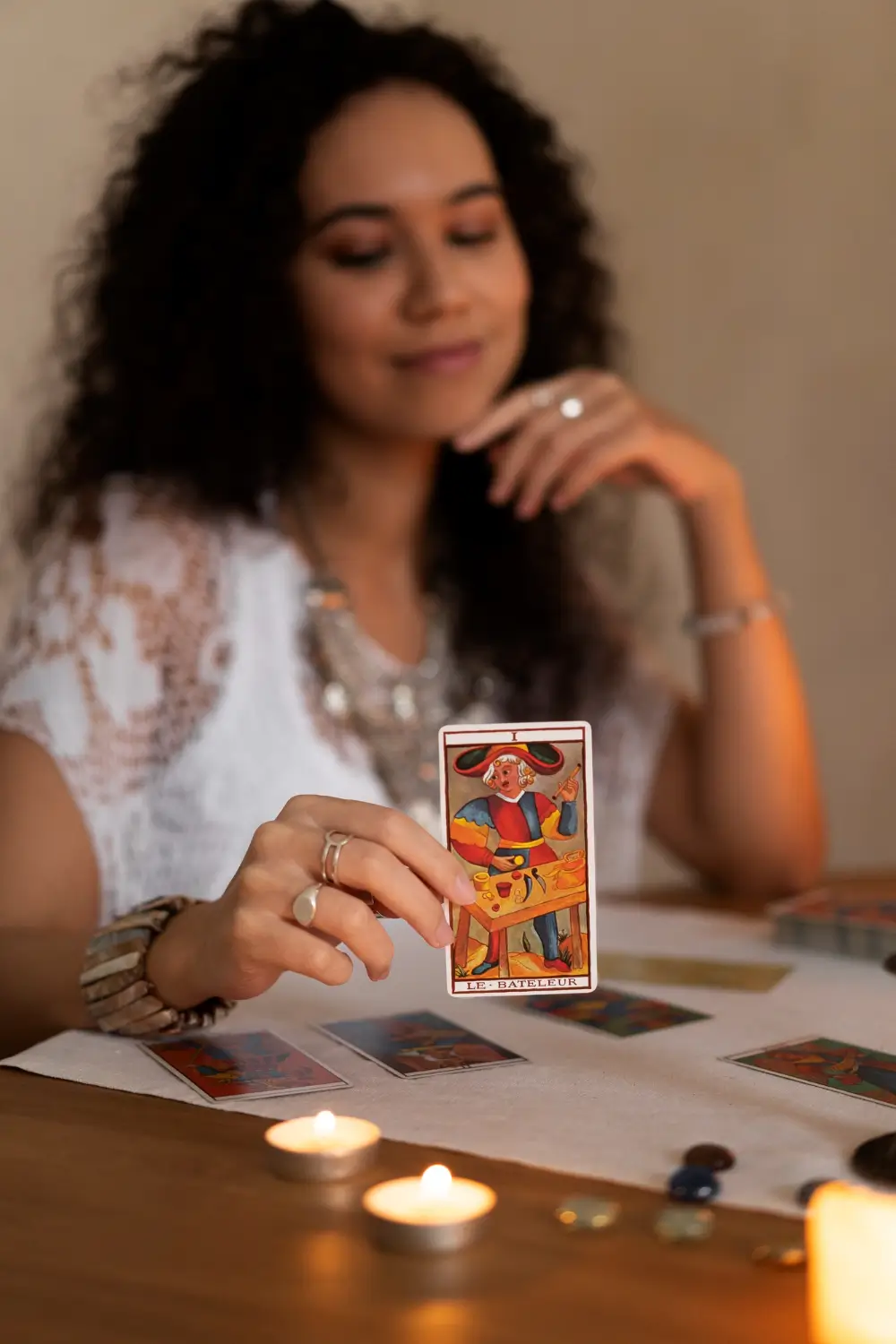
Who Benefits Most from This Kind of Tarot?
This form of tarot isn’t for people looking for lottery numbers. It’s for people ready to feel — even if they don’t know how.
You might benefit from tarot if:
- You’re at a personal or emotional crossroads
- You’ve been overthinking and want a more intuitive guide
- You’re healing from trauma and want non-verbal insight
- You feel disconnected from your body or spiritual practice
- You’re highly sensitive, intuitive, or neurodivergent
- You want to feel heard — not fixed
Client Snapshots:
Recovering from betrayal, Tasha wanted clarity on a relationship. The tarot session didn’t give a yes/no — it gave them a space to feel fear, their truth and readiness. Tasha left lighter, clearer, and less alone.
– Tasha, 34Raised in a strict religious household, Daniel was terrified the tarot might be “wrong” — but something inside them was curious. Daniel found a space of quiet reflection that didn’t demand belief — only honesty.
– Daniel, 45A fellow traveller along the road less travelled.
I have been coming to Catherine over the past few years and had many spiritual healing sessions and readings. Catherine is truly a spiritual intuitive who is so accurate with her readings and in the healing sessions. Catherine is so sensitive to the needs of her clients and has such a generosity of spirit which is evident during her sessions. Her healing centre is so beautiful and restful. It feels like entering a retreat and leaving with a wonderful presence that makes you want to come back for more. Wishing Catherine success in the spiritual expansion she is now undertaking and it has been my privilege to be a fellow traveller along the road less travelled.
~ Carol
Common Myths About Tarot — Gently Debunked
- Myth: Tarot predicts the future.
- Truth: Tarot reveals the present. It helps you shape your future with intention.
- Myth: You’ll get a “bad card.”
- Truth: Every card is an invitation. Even shadowy ones like Death or The Tower are symbols of transformation, not doom.
- Myth: Tarot is spiritual or mystical.
- Truth: It can be, if that’s your language — but it can also be fully grounded and secular. You don’t have to believe anything.
- Myth: It’s not for people like me.
- Truth: If you’re curious, reflective, and seeking clarity — this is for you.
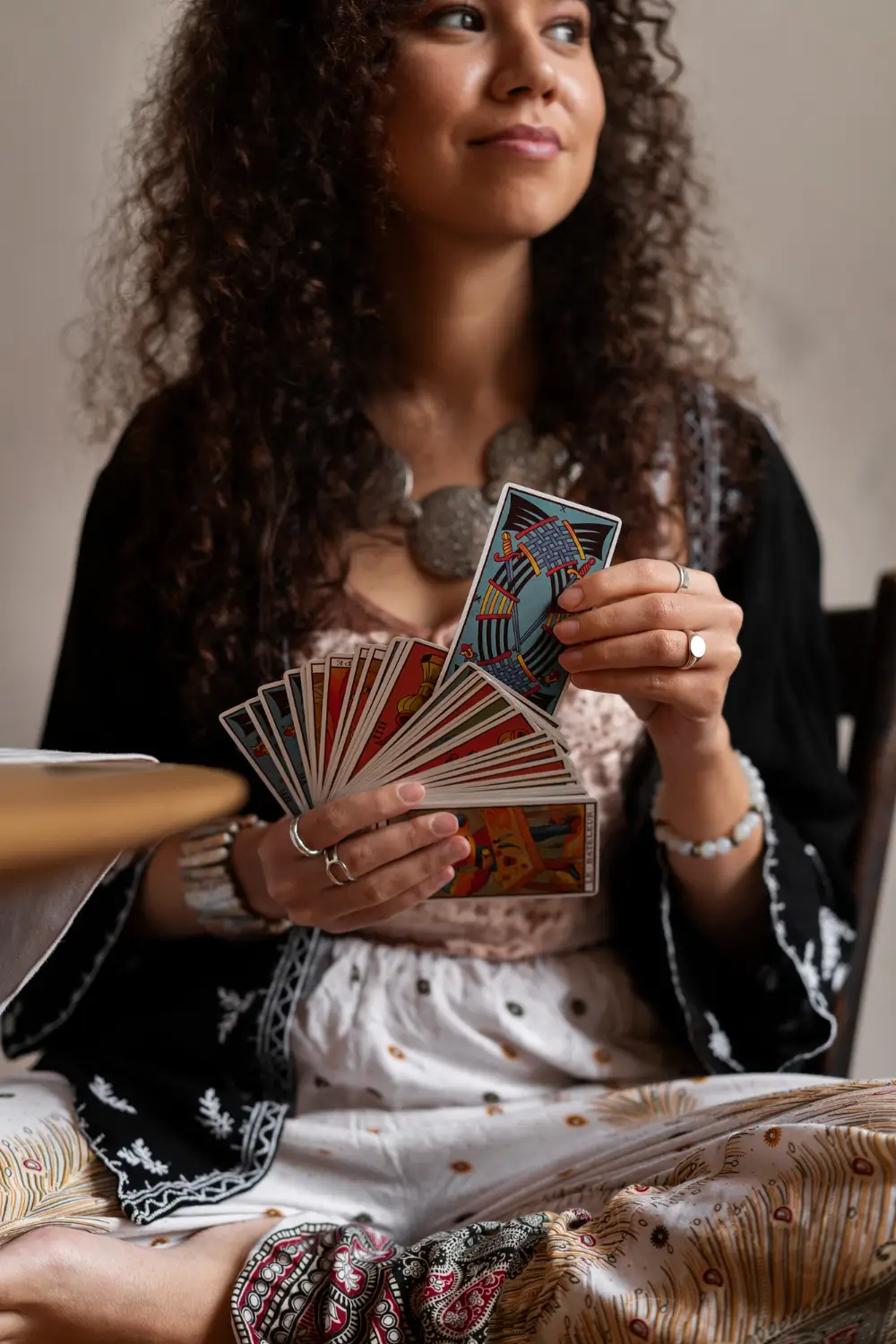
A Soft Invitation to Begin
Clarity doesn’t always come through thinking. Sometimes, it arrives through feeling seen.
Tarot isn’t here to tell you who you are or what to do. It’s here to sit beside you while you remember.
If you’re tired of spinning, seeking answers outside yourself, and waiting for someone else to validate your truth, this might be the mirror you’ve been missing.
And if you’re nervous? That’s okay, too. You can start with a question. Or a whisper. Or nothing at all.
“You don’t need someone to predict your future. You need someone to help you hear your present.”
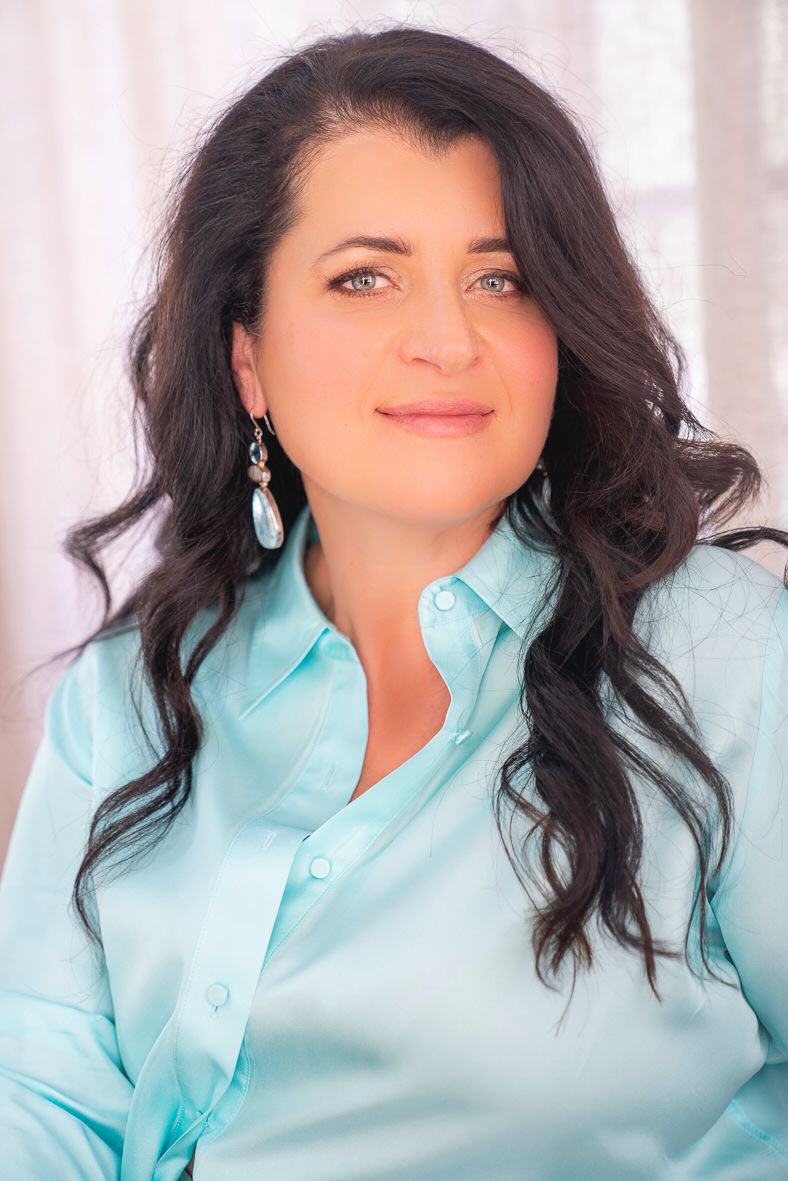

Struggling with gender dysphoria and emotional overwhelm, Kai came to tarot unsure of what to ask. The cards didn’t give answers — they offered questions that helped Kai explore their identity gently, groundedly.
– Kai, 29